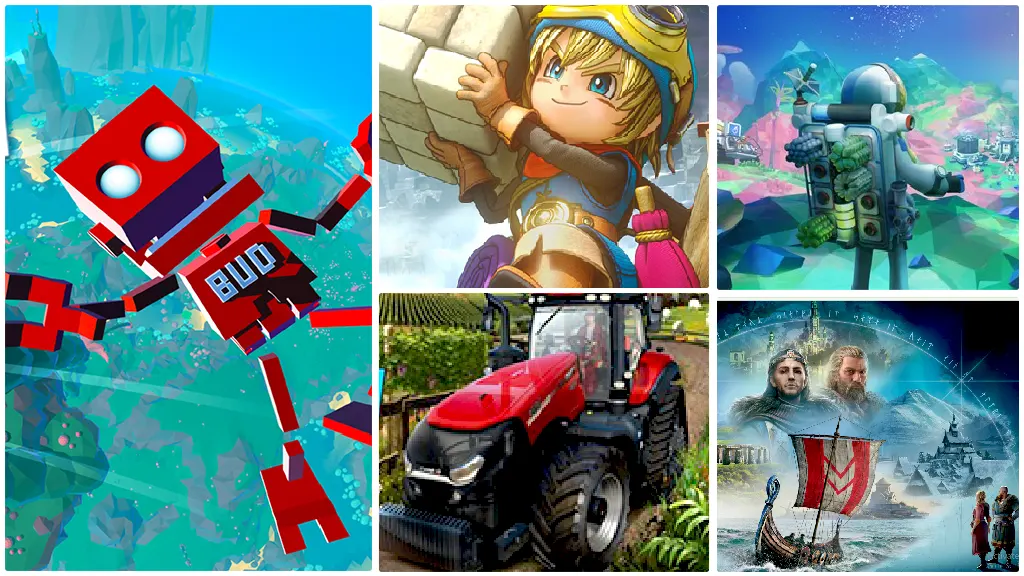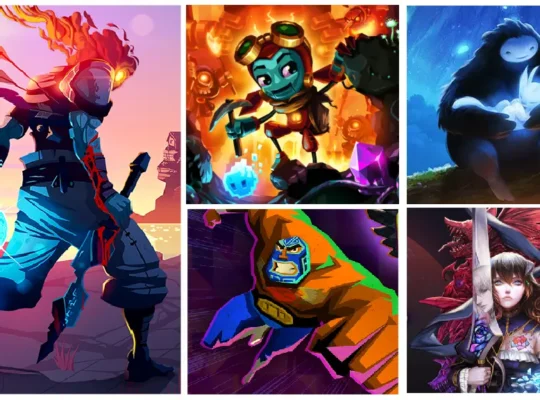Today, we are going to share 5 skill-based games to sharpen your mind. In today’s world, games have evolved beyond mere sources of entertainment. They have become platforms where players can enhance various skills through practice, strategy, and cognitive engagement. Unlike games of chance, where luck determines the outcome, skill-based games rely on the player’s abilities, strategic thinking, and proficiency. This shift towards skill-based gaming is not just a trend but a reflection of how digital leisure activities are becoming integral to developing specialized skills that are both entertaining and potentially rewarding.
This trend is particularly notable in India, where technological advancements and increased internet access have led to a surge in interest in such games.
Table of Contents
Toggle5 Skill-Based Games To Sharpen Your Mind
Here, we explore five popular skill-based games that are both entertaining and educational, helping individuals hone their abilities in unique ways.
1. Chess
Over the centuries, chess has evolved from being a pastime of royalty and nobility to a global competitive sport, educational tool, and popular hobby. In recent decades, the game has transitioned seamlessly into the digital age, with millions of people playing online against friends or computer opponents, or solving intricate chess puzzles on their smartphones and computers. The digital adaptation has made chess more accessible than ever, allowing players to engage with the game anytime and anywhere.
How It Enhances Skills:
Playing chess enhances various cognitive skills:
Strategic Thinking: Players must develop long-term plans and adapt their strategies based on the opponent’s moves.
Problem-Solving: Each move in chess is a problem that needs a solution, requiring players to evaluate different options and their potential outcomes.
Memory: Remembering previous games, moves, and strategies is crucial for improving play.
2. Crosswords
Crossword puzzles are a form of word puzzle that has been enjoyed by people around the world for over a century. A standard crossword consists of a grid of white and black squares where the goal is to fill the white squares with letters to form words or phrases, based on clues provided. Each word or phrase intersects with others in the grid, creating a complex web of interrelated solutions.
Crosswords first gained popularity in the early 20th century and have since become a staple in newspapers, magazines, and, more recently, digital platforms. They range from simple puzzles that test basic vocabulary to complex ones that challenge even the most experienced solvers with intricate wordplay, obscure references, and clever clues.
How It Enhances Skills:
Engaging with crosswords offers several cognitive benefits:
Knowledge Expansion: Players often learn new facts and broaden their understanding of different topics.
Memory Enhancement: Remembering and recalling words and facts strengthen memory.
Problem-Solving and Focus: Solving clues requires analytical thinking and attention to detail.
3. Sudoku

The puzzle’s origins can be traced back to ancient number puzzles, but its modern form was popularized in Japan in the late 20th century and quickly spread globally. Sudoku puzzles vary in difficulty, from easy puzzles that require basic logic to extremely challenging ones that demand advanced solving techniques.
How It Enhances Skills:
Sudoku is a brain workout that improves various cognitive functions:
Logical Deduction: Players must use logic to deduce the correct placement of numbers.
Pattern Recognition: Identifying patterns within the grid is key to solving the puzzle.
Decision-Making: Each placement decision affects the entire grid, requiring careful consideration.
4. Checkers
Checkers, also known as draughts in some regions, is a timeless board game that has captured the interest of players around the globe for centuries. The game traces its origins back to ancient times, with early versions of checkers being played in Egypt as far back as 3000 BCE. The modern form of checkers, played on an 8×8 grid similar to a chessboard, emerged in Europe during the Middle Ages. Today, checkers is enjoyed both as a casual pastime and a competitive sport.
In checkers, two players face off on opposite sides of the board, each controlling 12 pieces. The pieces are typically disk-shaped and are placed on the dark squares of the board. The objective of the game is to capture all of the opponent’s pieces or block them so they cannot make a move. Players move their pieces diagonally across the board, with the possibility of capturing an opponent’s piece by jumping over it to an empty square. If a piece reaches the far side of the board, it is “kinged” and gains the ability to move both forward and backward, adding a strategic element to the gameplay.
How It Enhances Skills:
Playing checkers helps develop several key skills:
Pattern Recognition: Recognizing potential moves and patterns is crucial for planning.
Strategic Thinking: Players need to balance offensive and defensive strategies.
Positional Play: Controlling key areas of the board is essential for success.
5. Dominoes
Dominoes is a tile-based game with ancient origins, believed to have been developed in China during the Song Dynasty around the 12th century. It later spread to Europe and became a popular pastime across various cultures. The game uses rectangular tiles, often called “bones,” which are divided into two halves, each showing a number of dots, or pips, ranging from blank (zero) to six in the most common double-six set.
The standard game involves multiple players, each drawing a set number of tiles from a shuffled pile and taking turns to place them on the playing surface in a line or a layout that matches the number of pips on adjacent tiles. The primary objective is to be the first player to get rid of all their tiles, although different variations of the game may have different rules and goals. Dominoes is enjoyed both as a casual game among friends and family and in more competitive settings, including organized tournaments.
How It Enhances Skills:
Playing dominoes requires a mix of strategic and tactical skills:
Spatial Awareness: Understanding the layout and anticipating future moves is important.
Strategic Planning: Players need to plan their moves and block opponents when possible.
Risk Assessment: Deciding which tiles to play involves evaluating potential risks and rewards.
Conclusion
Skill-based games like chess, crosswords, Sudoku, checkers, and dominoes are more than just forms of entertainment. They provide valuable opportunities for players to develop and refine their cognitive and strategic skills. The transition to digital platforms has made these games more accessible, allowing people to engage with them at their convenience and benefit from their educational aspects. As interest in skill-based gaming continues to grow, these games are likely to remain popular for their ability to combine fun with mental stimulation.
FAQs
Q1. What makes a game skill-based rather than chance-based?
Ans: Skill-based games require players to use their abilities, strategies, and knowledge to succeed, whereas chance-based games rely on luck or random outcomes.
Q2. How do digital adaptations of these games benefit players?
Ans: Digital adaptations offer convenience, accessibility, and additional features such as hints and online multiplayer options, enhancing the overall gaming experience.
Q3. Can playing crosswords really expand my knowledge?
Ans: Yes, solving crossword puzzles involves learning new facts and improving vocabulary, which can broaden your knowledge across various subjects.
Q4. Why is Sudoku considered a good mental exercise?
Ans: Sudoku challenges the brain by requiring logical deduction, pattern recognition, and decision-making, making it an excellent mental workout.
Q5. How does playing chess improve cognitive skills?
Ans: Chess enhances cognitive skills by requiring players to think strategically, solve problems, and remember various moves and strategies.







